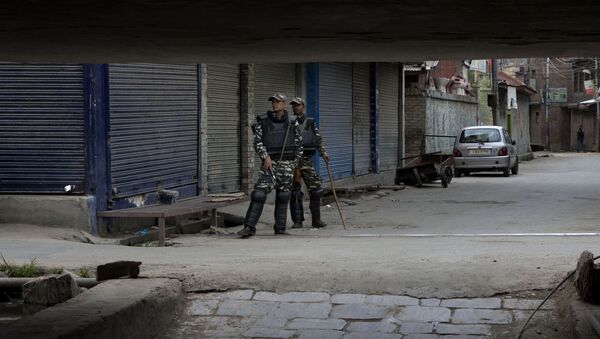Jammu region politicians have been released from detention ahead of local block development council elections scheduled for 24 October. Eight politicians were released from house arrest, including Devender Singh Rana, Raman Bhalla, Harshdev Singh, Chaudhary Lal Singh, Vikar Rasool, Javed Rana, Surjit Singh Slathia and Sajjad Ahmed Kitchloo.
However, the state administration did not free politicians under house arrest in the Kashmir Valley as the situation there is still sensitive from a security point of view. Former chief ministers Farooq Abdullah, Mehbooba Mufti and Omar Abdullah remain under house arrest.
Administration officials said the Jammu region is peaceful, and therefore, a decision was taken to release politicians detained before or on 5 August after India’s Parliament passed a law to revoke the quasi-autonomous status of the state.
The state is to be divided into two federally-administered territories – Jammu and Kashmir and Ladakh from 31 October.
On 30 September, Jammu and Kashmir’s chief electoral officer announced that block development council elections would be held in October.
Meanwhile, several pleas were filed before the Supreme Court of India challenging the Central government's 5 August decision to bifurcate the state into the federal government administered territories of Jammu and Kashmir and Ladakh. On Tuesday, the top court gave the Central government a month to file its response to the pleas.
The court made it clear that if needed it would direct the government to produce all relevant documents pertaining to its decision to scrap Article 370.
It also said it will not entertain fresh petitions on the issue.
The bench said that it would allow a week for petitioners to file their replies to the Central and state governments’ counter-affidavits.


